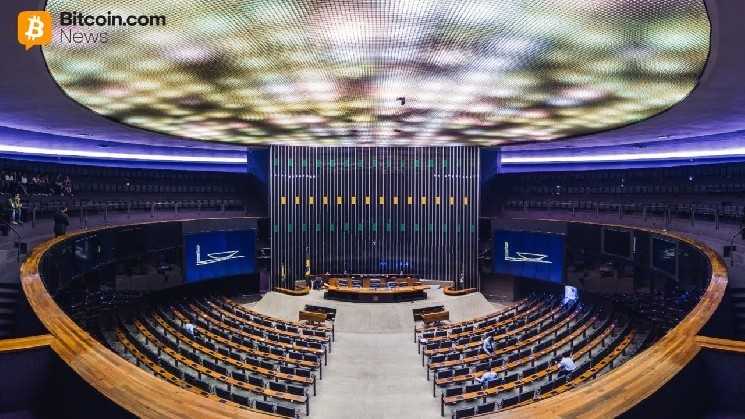
The Provisional Measure that terminated tax exemptions for small crypto holders was defeated in Congress, being withdrawn from the discussion agenda with 251 votes. President Lula labeled this development as an “imposed defeat to the Brazilian people,” while local crypto groups applauded the outcome.
Brazil Defeats Crypto Tax Measure in Congress
The crypto industry in Brazil has breathed a sigh of relief with the latest developments regarding the implementation of a new income tax for crypto traders. Provisional Measure 1,303, enacted by President Luiz Inacio Lula da Silva in June, terminated the income tax exemptions for small cryptocurrency traders moving less than 35,000 reais (nearly $6,500), establishing a flat fee of 17.5% for all traders.
The measure had until October 8 to be discussed and passed by the Brazilian Congress, or it would lose its validity. The text passed a joint committee by 13 to 12 votes, with the levy being increased to 18%.
Nonetheless, the Congress agreed to withdraw the measure from the agenda, with 251 votes in favor and 193 votes against, leaving the dispositions of the measure without effect.
Many groups linked to the crypto industry applauded this outcome, calling out the pernicious effects of its possible approval. The crypto industry had been lobbying to achieve this victory, fearing an exodus of Brazilian holders to foreign exchanges.
The Brazilian Association of Tokenization and Blockchain Companies (ABToken) referred to the significance of this decision for the broader Brazilian cryptocurrency ecosystem. “Encouraging investments through exemptions is one of the most serious policies a government can adopt. Today, we celebrate the fall of PM 1,303 and the wisdom of Congress,” the association told Valor Economico.
Nonetheless, President Lula framed this defeat in a different light, as the measure also touched on equity payments and other financial investments. On social media, the leader highlighted that the repeal of this initiative was not “a defeat imposed on the government, but on the Brazilian people.”
As a result, the Brazilian government will have to restructure its budget expenditure proposals, expecting to receive revenue in the order of 17 billion reais (over $3 billion) for its implementation in 2026.